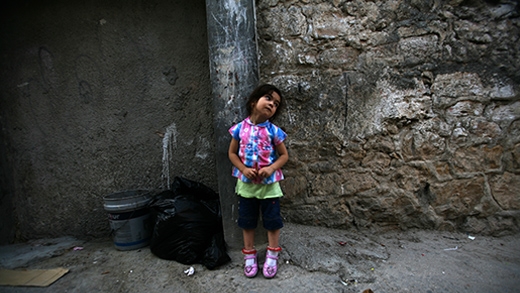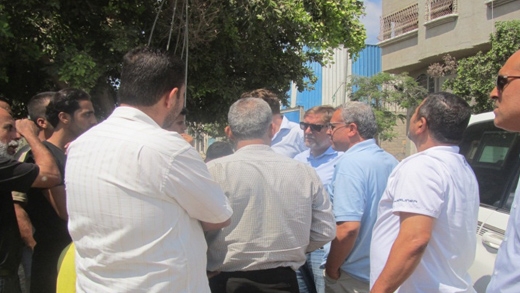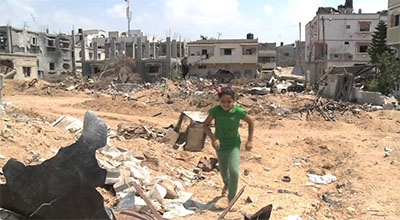Electricity supply was already highly constrained prior to the recent hostilities with eight hours per day power rationing, currently less than six hours and only in areas where the distribution network has not been damaged. The 2014 July-August conflict has exacerbated the situation with a US$42.5 million overall damage to the electricity network. This does not include the damage to the only Gaza Power Plant and other sources of local electricity generation.
“How can we get electricity? When can we pump water? These were the type of questions asked by our Palestinian counterparts. It was beyond the heavily damaged infrastructure and bulk-supply points – it was about purposefully reconnecting water supply pumping stations, hospitals and urban infrastructure too,” said Simon Stolp, World Bank Senior Energy Specialist. The new US$15 million grant for the electricity sector will finance about 35 percent of the reconstruction needed for the power distribution network. “More is needed - Rallying efforts among donors will reflect a stronger focus on restoration of basic electricity services and will power up Gaza electricity”, Stolp added.
The new grant will build upon the existing ‘Gaza Electricity Network Rehabilitation Project’ and as such, there will be no procedural delay with the additional funding. “The Bank’s emergency response through the existing project means that procurement is already underway for work that will re-connect the electricity supply for approximately 190,000 people, 97 water pumping stations, 9 hospitals/clinics, and 950 commercial consumers,” said Charles Cormier, World Bank Practice Manger for Energy and Extractives.
The project will increase the reliability and level of supply to Gaza’s entire population. In addition to serving a humanitarian necessity, the operation will provide economic benefits by restoring around 230 GWh per year of electricity supply, reducing electricity network losses by 10 percent, decreasing supply interruptions and increasing safety as a result of emergency repairs.
While the additional financing addresses the immediate needs, the World Bank program is also looking at longer term investments. Its Electric Utility Management project will continue to strengthen key institutions to enhance the sector’s performance and support increased energy security, particularly where energy supply supports other basic services provisions. This will focus on the development of indigenous energy resources, and in particular renewable energy.
“I am 45 years old, and I have been rebuilding our electricity network for 25 of these years,” said Nedal Toman, Project Implementing Unit Engineer for the Electricity Network Rehabilitation Project. “Our needs and the constraints that bind us have never felt so great. But you have come here to re-build with us, and that makes all the difference. So we will re-build again, for as long as we must.”



